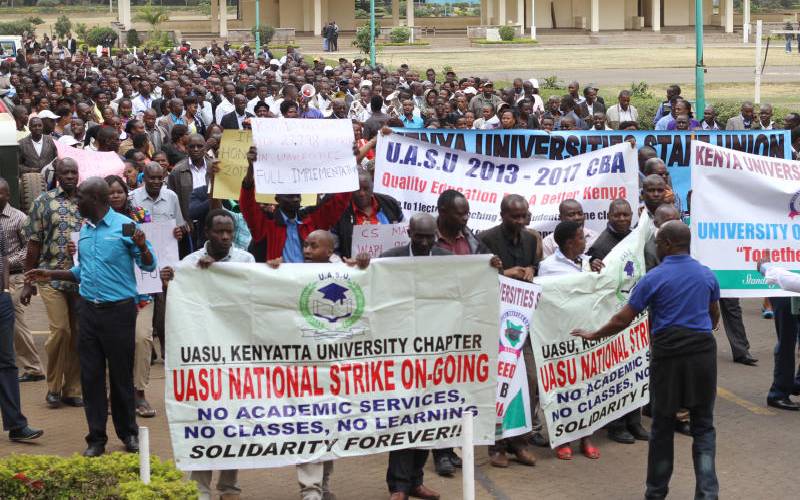×
The Standard e-Paper
Fearless, Trusted News

The Government through the State Department of Higher Education has kicked off the process of rationalising public universities in a bid to reduce the public wage bill and improve the quality of the curriculum offered.
“Our universities have taken a path that must be redirected,” said Education Cabinet Secretary Prof George Magoha. “Every university is teaching everything and it doesn’t make sense.”